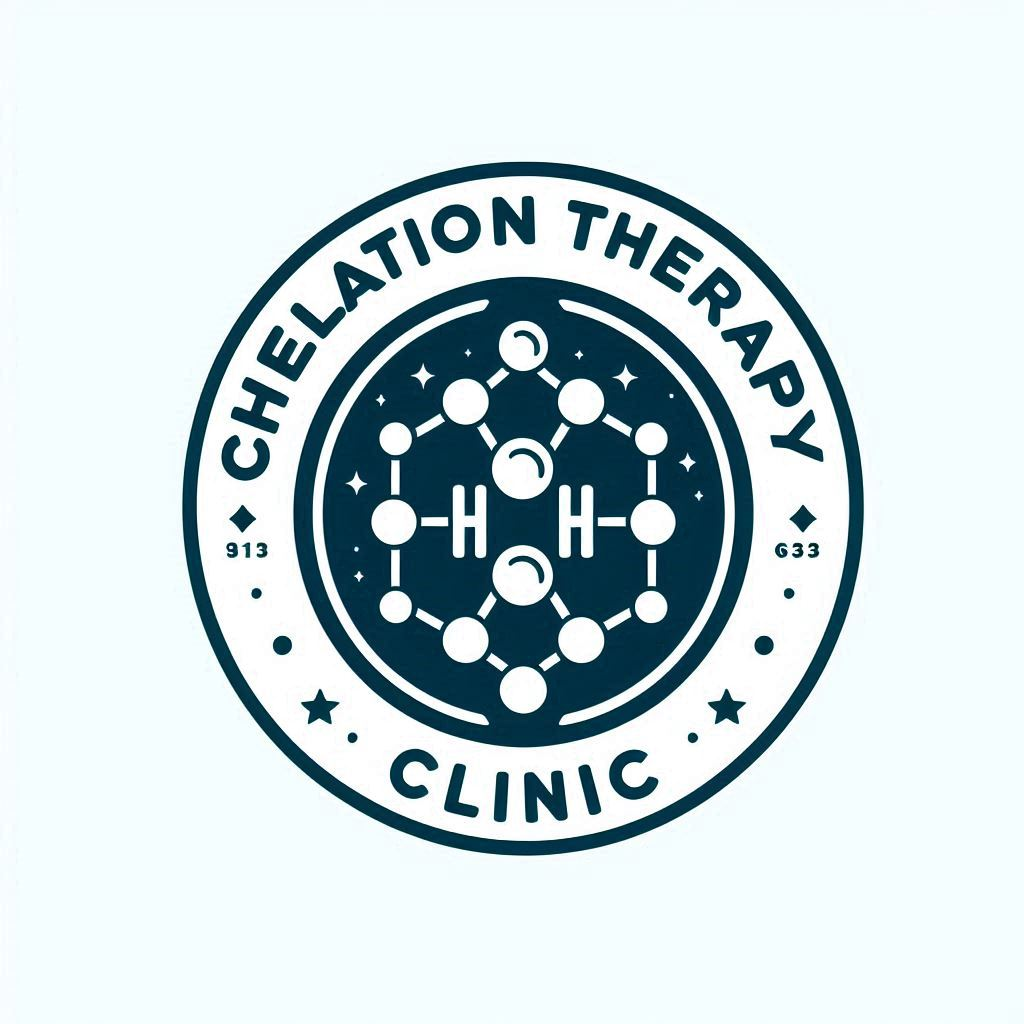Your cart is currently empty!
TACT TRIAL
What was the TACT trial?
The Trial to Assess Chelation Therapy (TAC) was a study conducted in the United States and funded by the National Institute of Health (NIH) to investigate the effectiveness and safety of chelation therapy in individuals with coronary artery disease (CAD), particularly those who had experienced a heart attack. The trial aimed to determine whether chelation therapy, in combination with high-dose oral vitamins and minerals, could reduce the risk of cardiovascular events in this patient population.
This large-scale, multicenter, randomized controlled trial enrolled over 1,700 participants with a history of myocardial infarction (heart attack). The participants were randomly assigned to receive either a chelation therapy regimen (using EDTA) or a placebo, in addition to high-dose oral vitamins and minerals.
The TACT trial suggested a possible benefit of chelation therapy in some patients with CAD. In the subgroup with diabetes (633 patients), the results were dramatic: the chelation-based strategy reduced cardiac events by 51% and reduced total mortality by 43%.
However, use of chelation therapy for this indication is still not widely accepted as a standard treatment by mainstream medical guidelines although its effectiveness for this purpose is continuously being studied.
